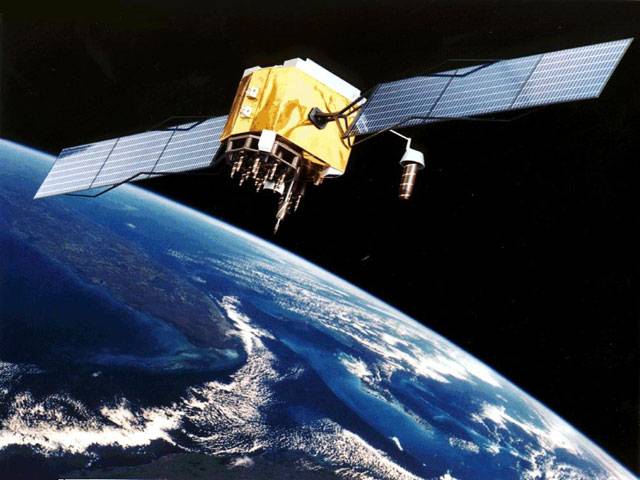AFP
PARIS
Two European Galileo satellites launched as part of a navigation system designed to rival GPS have failed to locate their intended orbit, launch firm Arianespace said Saturday. The European Space Agency said an investigation had been launched into what it said were “the anomolies of the orbit injection” but that the satellites were being safely controlled. The satellites Doresa and Milena took off from the Kourou space centre in French Guiana aboard a Russian-made rocket on Friday after a 24-hour delay because of poor weather. “Observations taken after the separation of the satellites from the Soyuz VS09 (rocket) for the Galileo Mission show a gap between the orbit achieved and that which was planned,” the Arianespace said in a statement. “They have been placed on a lower orbit than expected. The teams of industries and agencies involved in the early operations of the satellites are investigating the potential implications on the mission,” it said. The 5.4 billion euro ($7.2 billion) Galileo constellation is designed as an alternative to the existing US Global Positioning System (GPS) and Russia’s Glonass, and will have search-and-rescue capabilities.
Friday, April 26, 2024
Galileo navigation satellites lose their way in space

Caption: Galileo navigation satellites lose their way in space
3:15 PM | April 24, 2024
Vloggers Shiraz, Muskan cross 2m followers on Instagram
12:27 AM | April 26, 2024
Achakzai stresses collective wisdom to address country's crises
12:27 AM | April 26, 2024
IHC puts off cipher case hearing until April 30
12:26 AM | April 26, 2024
Nawaz Sharif convenes PML-N Punjab meeting tomorrow
12:25 AM | April 26, 2024
ECP reinstates PTI-backed MNA from NA-81 Gujranwala
12:24 AM | April 26, 2024
Academic Uprising
April 24, 2024
Cooperation Momentum
April 24, 2024
Facing Reality
April 24, 2024
Absent Academia
April 23, 2024
Murree’s Redemption
April 23, 2024
Ending animal suffering
April 25, 2024
AI governance
April 25, 2024
AI concerns
April 25, 2024
Population paradox
April 24, 2024
Unveiling differences
April 24, 2024
ePaper - Nawaiwaqt
Advertisement
Nawaiwaqt Group | Copyright © 2024





